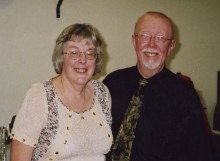This ‘Culture is Life’ Campaign video highlights the problem of youth suicide amongst Indigenous people of Australia. Youth suicide is a problem amongst Indigenous peoples of other colonised nations.
Below, are some quotes from The Elders Report into Preventing Self-harm & Youth Suicide. This is a seminal report that brings together the voices of Elders and community leaders from across affected communities that wished to speak publicly about the causes and solutions needed to address this issue. These quotes reflect what the Elders see happening on the ground:

 The aim of the
The aim of the 



